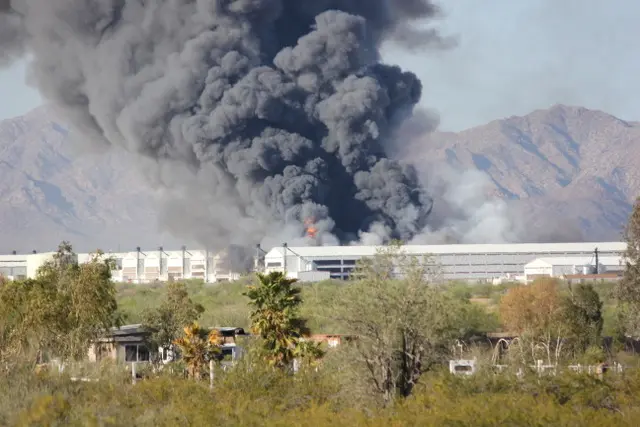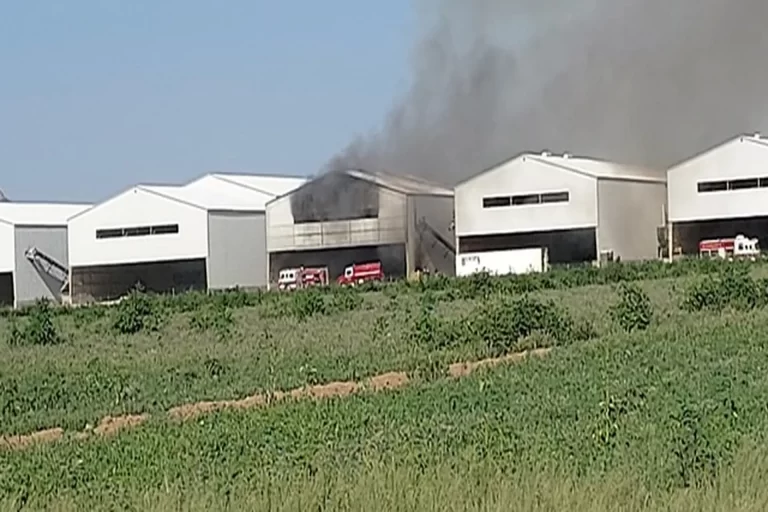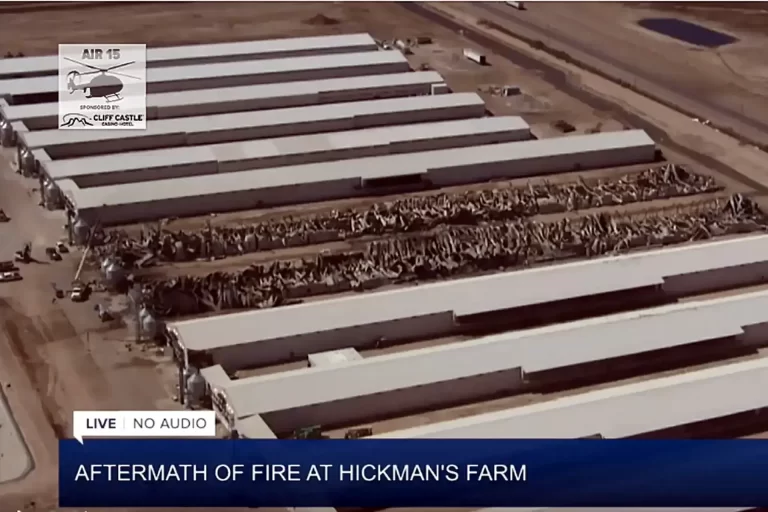At Tonopah STOPP, we’re committed to safeguarding our community’s natural resources, especially our precious well water. Recently, concerns have arisen about the potential impact of burying large numbers of chickens—often necessitated by outbreaks like bird flu—on groundwater quality. Let’s break down the risks, mitigation measures, and what you can do to ensure your water remains safe.
The Risks to Well Water
Burying large numbers of chickens poses several risks to groundwater, which many in Tonopah rely on for drinking and household use. Here’s what you need to know:
- Nitrate Contamination: When chicken carcasses decompose, they release nitrates into the soil. These nitrates can leach into groundwater, contaminating wells and posing health risks, especially for infants and pregnant women.
- Pathogens and Bacteria: Even with proper burial protocols, there’s a chance that pathogens and bacteria from the carcasses could seep into the groundwater, potentially causing illness.
- Other Contaminants: The burial process might involve disinfectants or other materials that, if not managed properly, could also find their way into the groundwater, further compromising water quality.
Mitigation Measures in Place
Fortunately, there are established measures to minimize these risks, and authorities are taking steps to protect our water sources:
- Proper Burial Site Selection: Burial sites are carefully chosen to be far from residential areas and water sources, reducing the likelihood of contamination.
- Burial Depth: Carcasses are buried at sufficient depths—often several feet below the surface—to prevent surface runoff from carrying contaminants into groundwater.
- Liner and Capping: In some cases, burial pits are lined with impermeable materials and capped to further prevent leaching into the soil.
- Disinfection and Treatment: Carcasses and surrounding areas are thoroughly disinfected to minimize the presence of pathogens and bacteria.
- Water Monitoring: Ongoing monitoring of groundwater and nearby wells helps detect any contamination early, allowing for prompt action to address issues.
What Does This Mean for Tonopah?
The good news is that, when proper protocols are followed, the risk of well water contamination from poultry burial is typically low. However, given Tonopah’s reliance on well water and our proximity to agricultural activities, it’s wise to stay proactive. If you live near an area where mass poultry burial has occurred, it’s a good idea to have your well water tested regularly to ensure it remains safe for use.
Take Action: Protect Your Water
Here are a few steps you can take to protect your well water:
- Test Your Water: Contact your local health department or a certified water testing service to check for nitrates, bacteria, and other contaminants.
- Stay Informed: Reach out to the Nye County Health Department or the Nevada Division of Environmental Protection for more information about water safety in our area.
- Advocate for Transparency: At Tonopah STOPP, we encourage community members to advocate for clear communication from local authorities about burial site locations and monitoring efforts.
Final Thoughts
Our well water is a lifeline for Tonopah, and we must remain vigilant in protecting it. While the risks from mass poultry burial are manageable with proper measures, staying informed and proactive ensures our community’s health and safety. Let’s work together to keep Tonopah’s water clean and safe for generations to come.
For more resources or to get involved with Tonopah STOPP, visit our website or attend our next community meeting. Together, we can make a difference!
Note: This blog post is based on general information about poultry burial risks and mitigation.
For specific concerns about your well water, contact your local health or environmental protection agency.



